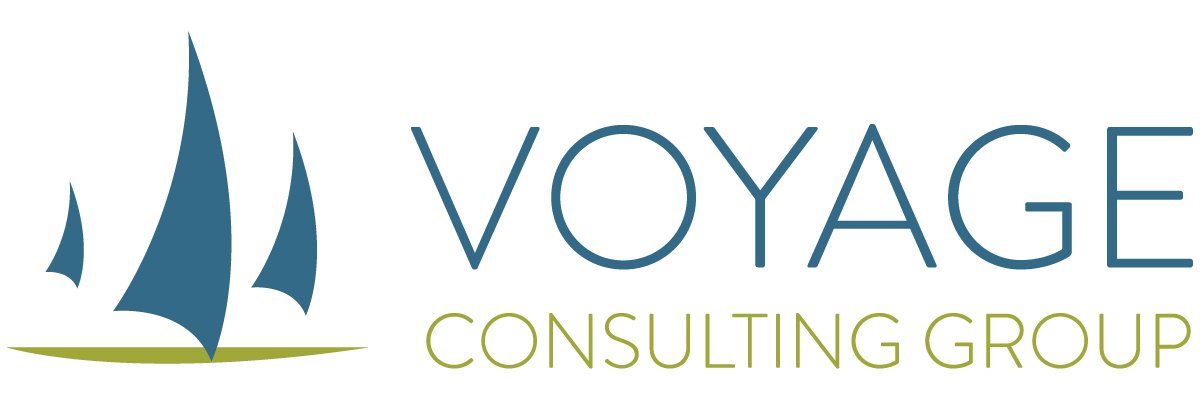5 Ways to prepare your company for the recession
The recession is not knocking at our front doors yet, but it is on its way. When it arrives, it won't be a great houseguest, and when it leaves, our lives will be a little worse for the wear.
Connor Lokar and his colleagues at ITR Economics forecast a mild recession late 2023 and into 2024.
That was one key take-aways from Connor Lokar's talk on the economy for the Association for Corporate Growth Kansas City today.
Here are three others:
🔴 Data removes emotion from economic forecasting. The data says a recession is coming whether we like it or not...whether we see it today or not. Don't be fooled into poorly managed spending, hiring, or inventory because the recession is not on your doorstep. The data is clear: a recession is on its way. Plan accordingly.
🔴 The pace of growth for your company will likely slow down this year and next, Lokar said. When you reflect and research reasons, there will be external ones related to the economy.
While the economic data expert intimated the slower pace of growth can be blamed entirely on external factors, I disagree with him.
It is tempting to blame missed targets on external factors, like the economy or supply chain; however, do not let those become excuses that prevent you from looking at internal factors as well. It's easier to blame external factors than to take responsibility for internal things like operation or leadership failures, but if you want your company to grow, have the courage to take the hard look in the mirror.
🔴 For most sectors, there is residual excess demand caused by the stimulus from the last two years, so it might look like things are okay right now. That demand will slow later this year, which will lead into the recession in 2024. The recovery will be in 2025.
Other sectors, like commercial construction, lag. Non-residential construction is a great place to be this year but needs to carefully plan for 2025-2026.
The main thing is: a recession is coming.
As Lokar said, we're about to come off a sugar high.
Picture going out for lunch with friends on a Friday afternoon. Everyone eats a little more than a typical day and shares desserts, right? Then you all return to work. What happens around 3:00pm?
CRASH! There's a crash from the lunchtime sugar high.
Now, picture the afternoon meeting. Everyone’s energy is low, they are not focused, people don’t listen to each other, they are looking up stock prices on their phones. Nothing gets done during the crash after a sugar high until it wears off. Once it wears off, things return to normal.
The economy is likely to return to normal late 2025 or early 2026, according to Lokar. Esther George, president and chief executive of the Federal Reserve Bank of Kansas City, spoke a few weeks ago and predicted the same. (Esther George’s economic outlook talk summarized in three words: shock, shift, and shade)
The pandemic stimulus packages were like the desserts, and there is a price to pay so be ready.
Here are five ways organization leaders and founders can get their companies ready:
🟥 Evaluate your market. How will your customers and prospects be affected by the recession? When? Would it be wise to pivot now so you can serve another market when the recession comes? Think through this now to prepare instead of react if/when your customers can’t continue your engagements.
🟥 Plan budgets, hiring, inventory, and spending in anticipation of a recession for Q4 2023 and into 2024. If you don't have the backlog of business booked by then, budget accordingly.
🟥 Plan for recovery in 2025. Keep in mind, if you lay off your staff, you will need them back. Be honorable in how you treat people during the good times and hard times because it will affect whether you become an employer of choice or not.
🟥 Discuss plans for big purchases or sales with your banker or business broker asap. It might be wise to delay selling your company until the recession ends but wise to purchase one now if you have cash. Taking on debt now may be risky with the recession looming.
🟥 Protect your team. It might behoove you to build your liquidity so you are able to keep your strong talent if business declines for several months ahead. If you are in a sector where the business will come back, you might beat your competition who lays off their people during the recession.
🟥 Plan for the succession of your leadership team. How would a recession impact retirement plans of key leaders? How would adjustments in their plans alter the leadership on the bench? How will you keep all of the folks engaged, developing, aligned with their personal and professional goals?
According to Lokar, the data is clear: a recession is coming.
It is also clear that companies do not have to sit around waiting for it. You can prepare and plan, so your company capitalizes on the recession rather than becomes crippled by it.

